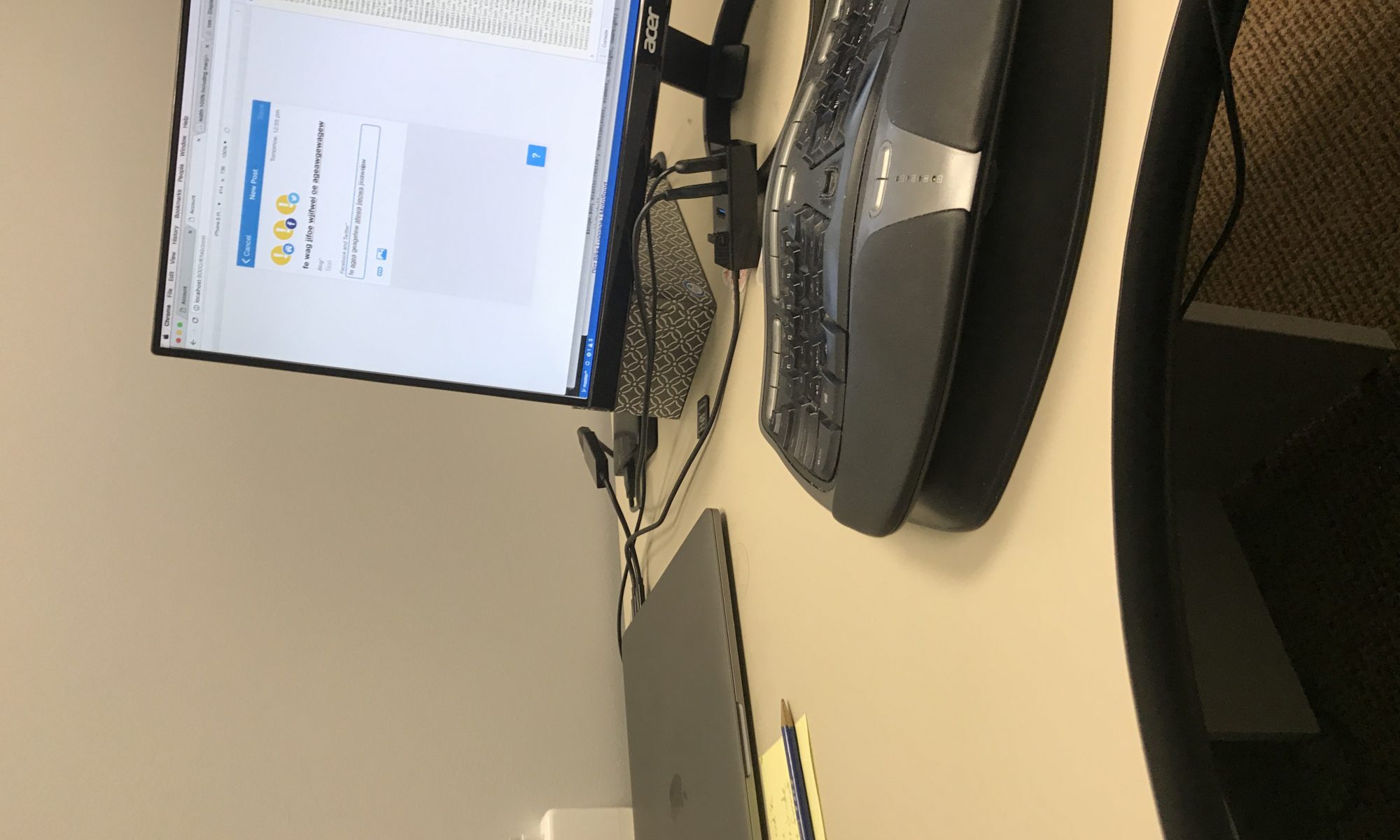Something you may be asked about when assessing a building or performing contracting duties is to assess the risk of lead poisoning. 
Lead was used for many years in paints and other products found in and around our homes, schools and office buildings. While lead-based paints were banned for use in housing in 1978, there may be a chance that any home, building, school or day care center built prior to that contains some traces of lead in paint.
There is documentation that even during the time of Socrates, lead was creating a health risk. However, it wasn’t until the late 1970s that scientists began to understand the extent of lead hazards among children and adults. That’s when studies conducted by the Center for Disease Control and psychiatrist and environment health activist Dr. Herbert Needleman, Pittsburgh School of Public Health, documented significant damage caused in children, especially in children younger than six years of age. Dr. Needleman was the first to sample the loose teeth of young children to demonstrate the incidence of childhood lead poisoning, the “silent epidemic,” and its harmful impacts at even very low levels on reduced IQ’s of children and related reading delays and behavioral problems. His work resulted in the banning of lead in gasoline and paint and a five-fold reduction in the prevalence of lead in children by the 1990s.
Lead still poses dangers to kids, particularly in older neighborhoods. Health effects of even small doses of lead may include learning disabilities, hearing loss, and speech impairment in children; hypertension, reproductive damage, kidney damage, and neural damage in adults, and other effects on unborn children.
As a result, identifying lead sources in the environments of dwellings and work places where young children, women, workers, and others spend time, is vital to safeguarding public health. If lead testing is a service you provide, connect with us to learn how we may assist you with performing this pivotal task. Ask about the C&S Environmental Package. We have a seasoned staff of insurance and underwriting professionals with extensive experience in the specialty insurance industry.




 While forecasters can predict that hurricanes will typically strike in the United States from June through November, the exact path of a hurricane is virtually impossible to predict. The best you can really do is hope for the best and prepare for the worst. Follow any evacuation orders given by local or government officials for your area and prepare your own hurricane disaster supply kit. Here are some items you’ll want to include:
While forecasters can predict that hurricanes will typically strike in the United States from June through November, the exact path of a hurricane is virtually impossible to predict. The best you can really do is hope for the best and prepare for the worst. Follow any evacuation orders given by local or government officials for your area and prepare your own hurricane disaster supply kit. Here are some items you’ll want to include:
 The property disclosure report is an important document in any real estate transaction. In it, sellers must reveal any issues relating to a property that could negatively affect its value.
The property disclosure report is an important document in any real estate transaction. In it, sellers must reveal any issues relating to a property that could negatively affect its value.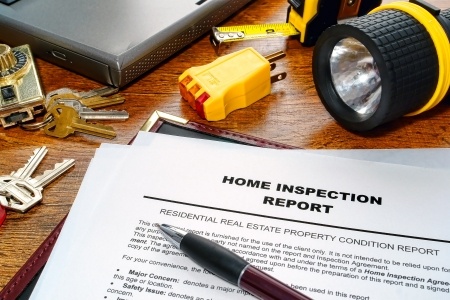
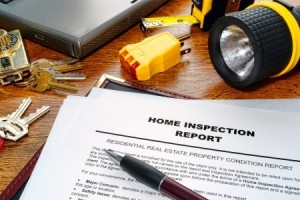 A pre-purchase home inspection is a recommended part of the home buying process. An investment of about $300 to $500 can help you avoid an unexpected defect that could cost thousands of dollars, even tens of thousands, after you sign on the dotted line. Here are some questions to help you select the right home inspector for you:
A pre-purchase home inspection is a recommended part of the home buying process. An investment of about $300 to $500 can help you avoid an unexpected defect that could cost thousands of dollars, even tens of thousands, after you sign on the dotted line. Here are some questions to help you select the right home inspector for you: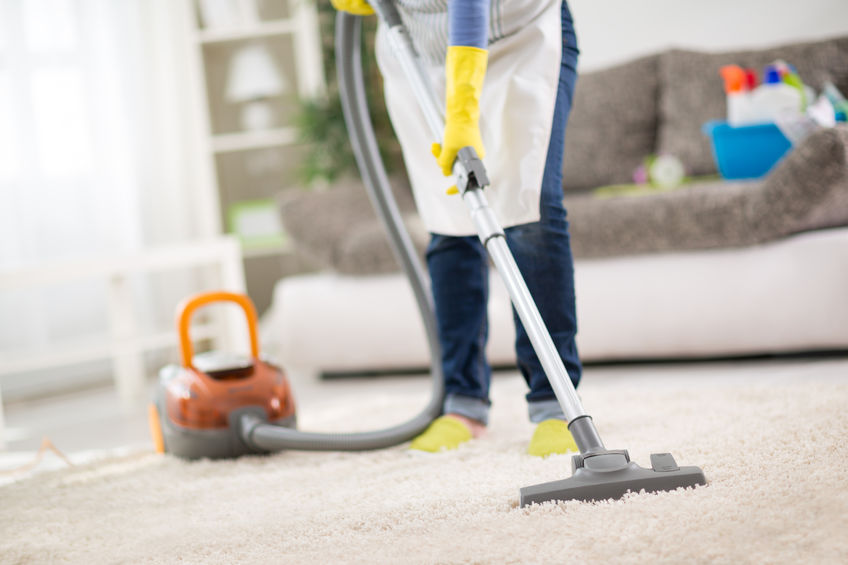
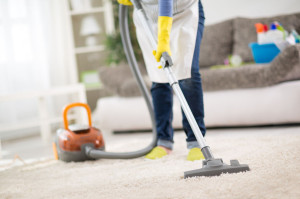 You want to sell your home, but you don’t have a lot of money to invest in repairs and upgrades before it hits the market. You’re in luck! There’s a lot you can do to make your home more inviting to potential buyers that doesn’t cost a fortune. Here are some fairly inexpensive steps you can take before you list your home:
You want to sell your home, but you don’t have a lot of money to invest in repairs and upgrades before it hits the market. You’re in luck! There’s a lot you can do to make your home more inviting to potential buyers that doesn’t cost a fortune. Here are some fairly inexpensive steps you can take before you list your home:
 Do you have an important company event coming up? Whether it’s a company anniversary picnic, fundraiser, conference or reception, you can be opening your business up to specific liability exposures when hosting a corporate event. There is a type of liability insurance specifically designed to cover this exposure. It is called event liability insurance or special event insurance.
Do you have an important company event coming up? Whether it’s a company anniversary picnic, fundraiser, conference or reception, you can be opening your business up to specific liability exposures when hosting a corporate event. There is a type of liability insurance specifically designed to cover this exposure. It is called event liability insurance or special event insurance.
 In the market for a new home? Purchasing a home is definitely something we don’t do every day. So it’s easy to make mistakes, and when it comes to home buying, mistakes can be costly. Here are some of the most common errors made by first-time buyers, as well as those who already have purchased a home or two before.
In the market for a new home? Purchasing a home is definitely something we don’t do every day. So it’s easy to make mistakes, and when it comes to home buying, mistakes can be costly. Here are some of the most common errors made by first-time buyers, as well as those who already have purchased a home or two before.

